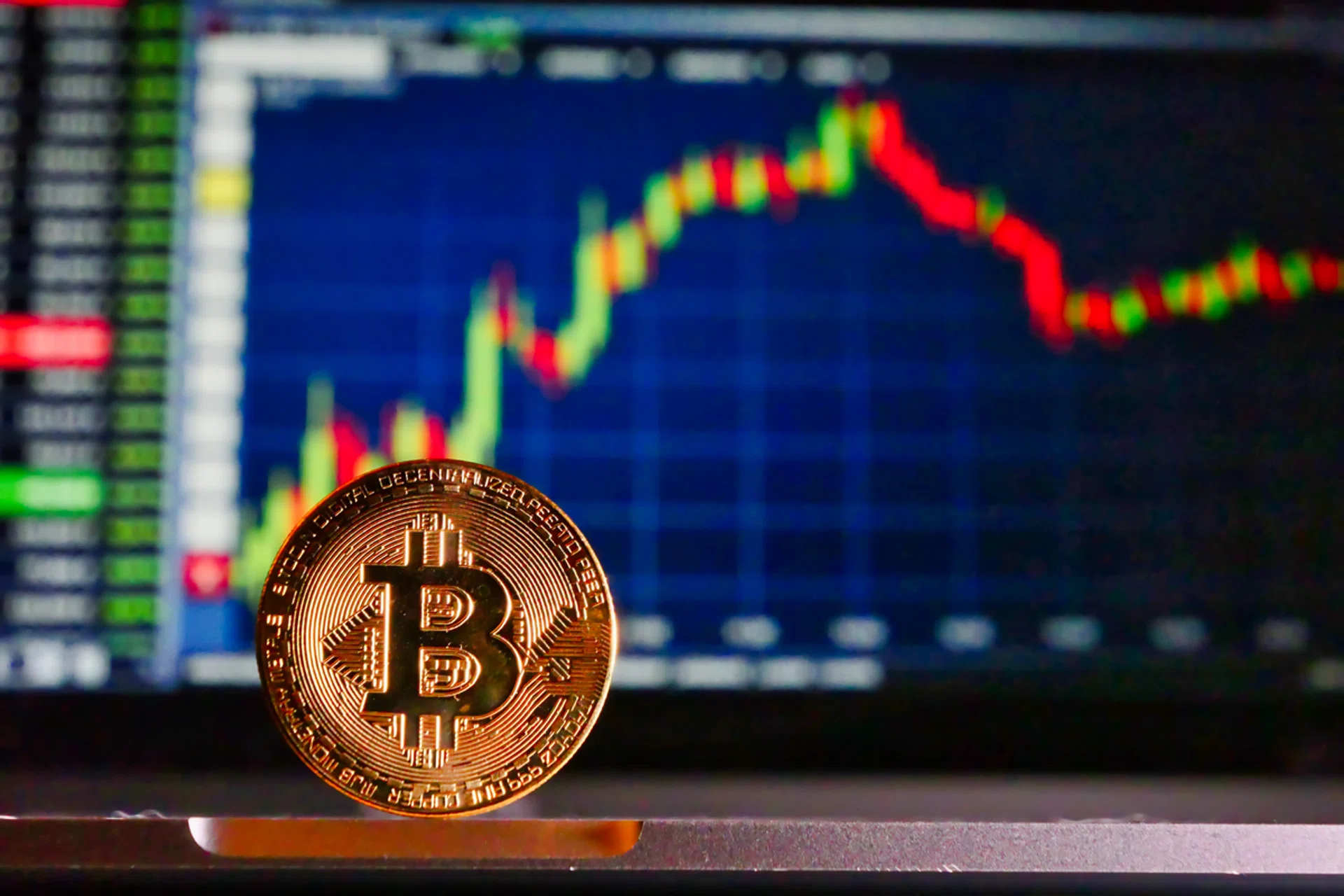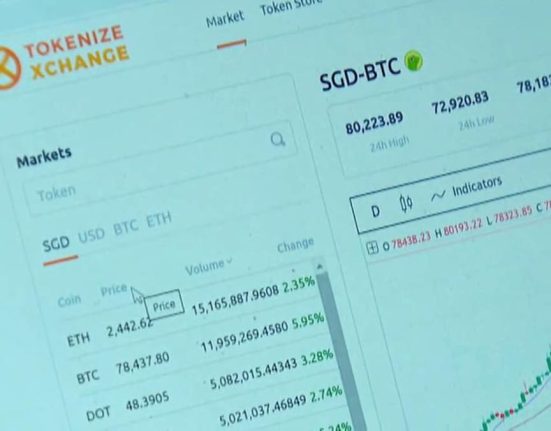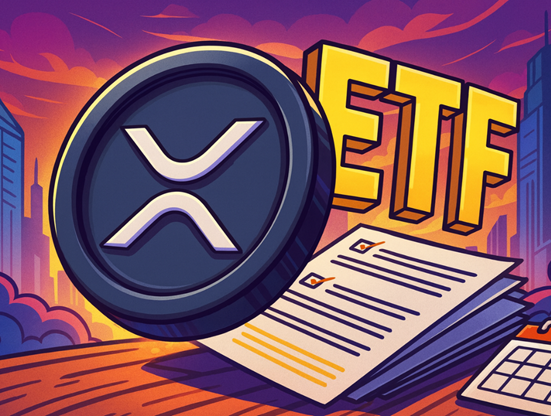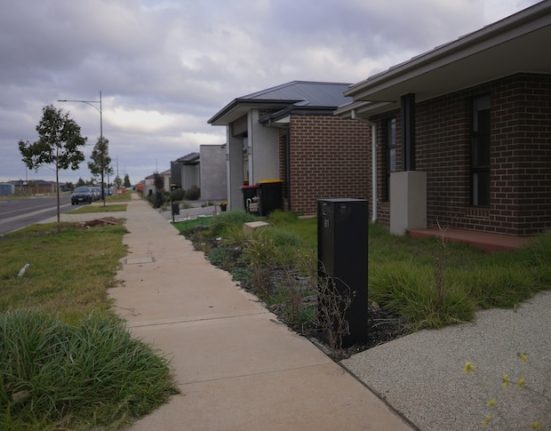[HO CHI MINH CITY] When Vietnam took the historic step earlier this month to legally recognise digital assets, crypto entrepreneur Tran Huy Vu saw it as a long-overdue breakthrough and a promising development for local companies eyeing the fast-growing domestic market.
But his optimism quickly gave way to concern over a separate set of draft rules for Vietnam’s pilot crypto asset market, which he fears could stifle innovation and create legal uncertainties for businesses like his own, Kyber Network.
“Current regulations and draft rules are vague with a very broad scope of restrictions,” Vu, chief executive at Kyber Network, lamented to The Business Times. “For global-facing service providers like us, it remains unclear whether our operations would be considered compliant, or what specific steps would be required to ensure compliance.”
Despite its vibrant crypto ecosystem, Vietnam is currently on the intergovernmental watchdog Financial Action Task Force’s grey list due to deficiencies in its frameworks to address money laundering and terrorist financing, including the lack of action to regulate virtual assets and virtual asset service providers.
In response, Vietnam’s government has moved decisively over the past two years, most recently by:
-
Passing a new law that officially regulates a wide range of digital and emerging technologies, including digital assets such as virtual assets and crypto assets;
-
Proposing a draft resolution that imposes licensing and requirements for crypto platforms; and
-
Issuing a draft decree setting out penalties for violations in the crypto asset space.
Draft rules shake up crypto market
Under the draft resolution being developed by the finance ministry and expected to be approved this year, Vietnam will allow only centralised service providers to operate – specifically those involved in proprietary trading or acting as intermediaries in the issuance, custody or trading of crypto assets.
A NEWSLETTER FOR YOU

Friday, 8.30 am
Asean Business
Business insights centering on South-east Asia’s fast-growing economies.
These providers will be required to obtain licences and meet stringent conditions, including a minimum charter capital of 10 trillion dong (S$492.5 million).
The scale of this requirement surpasses that of some Vietnamese banks, as regulators expect licensed crypto entities to match the combined size of the country’s two stock exchanges and its central securities depository.
Speaking at an event in Hanoi on Jun 3, To Tran Hoa, deputy director of the State Securities Commission of Vietnam’s Department of Market Development, said that at least 65 per cent of the charter capital of licensed organisations must come from institutional investors.
At least 35 per cent must be collectively contributed by two institutions such as banks, securities firms, fund managers or insurers, he said.
“This is a new market and involves new businesses; therefore, it is essential to rely on the basic foundation that those existing enterprises already possess to support the market’s immediate operations,” Hoa added.
Under the current draft policy, foreign players can offer services related to crypto assets in Vietnam only through licensed domestic organisations.
Vietnamese crypto holders will also be required to open accounts at these registered entities and transfer their digital assets to these local platforms for storage and trading. All other forms of crypto-related transactions and services elsewhere are deemed illegal.
Another separate draft decree provided by the finance ministry in May also specifies fines of up to two billion dong for violations in the crypto field, including operating a crypto asset trading platform without a licence, or bypassing authorised entities when providing services domestically.
Global platforms under pressure
Binance is currently the largest centralised crypto exchange used by Vietnamese investors, with trading volume reportedly among the top 10 on the platform. A search on website analytics platform Similarweb revealed that Vietnam accounted for 6.8 per cent of Binance’s global traffic, or 3.3 million visits in May 2025, second only to South Korea.
Binance declined to comment on whether the crypto giant will collaborate with local partners to continue its services in the country or withdraw from the market due to tighter regulations.
“Binance firmly believes that clear and consistent regulatory frameworks are essential to fostering innovation, protecting users, and supporting the sustainable growth of the digital asset industry,” said Lynn Hoang, country director of Binance Vietnam, in response to questions from BT.
Without regulatory clarity, other smaller international players, including Kyber Network, also face difficult decisions ahead.
Kyber Network, co-founded by Vu, runs a decentralised exchange aggregator, KyberSwap, which allows users to swap tokens across different blockchains at the best rates through smart trade routing.
The platform serves around 300,000 global active users a month, with offices in Singapore, Hanoi and Ho Chi Minh City.
While its tech team is primarily based in Vietnam, Kyber Network incorporated its headquarters in the British Virgin Islands, which offers a more favourable environment for virtual asset service providers.
Such corporate structures are common among blockchain companies in Vietnam, where a deep pool of tech talent and a large base of crypto holders have wooed global innovators despite the country’s previously unclear legal framework for digital assets.
“Requiring 10 trillion dong in charter capital to qualify for licensing increases the likelihood that foreign exchanges will opt not to apply,” Vu said.
Vietnam is ranked by US blockchain analysis firm Chainalysis as one of Asia’s top three crypto markets with an estimated crypto transaction volume exceeding US$100 billion between July 2023 and June 2024.
About one in five Vietnamese people – around 21 million – owned cryptocurrencies as at 2023, indicated a report by crypto payment gateway Triple-A. In comparison, there are only about 10 million accounts on Vietnam’s traditional stock exchanges at the end of May 2025.
Phan Duc Trung, chairman of the Vietnam Blockchain Association, raised questions about the viability of newly licensed crypto exchanges, particularly if the regulations are overly strict.
“New exchanges usually don’t run smoothly at first, which is normal. Their progress depends on how quickly the authorities open up the regulations governing the pilot market to more participants,” he said.
“With the law now passed, I believe the next step for regulators will be to classify crypto assets, particularly distinguishing those not intended for fundraising (to prevent confusion in enforcement),” he added.
Pushback from blockchain community
Earlier this month, Endeavor Vietnam, representing a group of six blockchain firms – including Sky Mavis, the creator of the blockbuster play-to-earn blockchain game Axie Infinity – sent a joint petition to the Vietnamese government to express concerns over the draft rules.
The group urged regulators to explicitly exclude technology development and technical service provision from the scope of compliance requirements and penalties as these activities focus solely on product development for clients, involve no financial transactions and pose no risk to Vietnam’s financial system.
In the petition, the group stated that the biggest concern is the lack of “clear boundaries” on the scope of the draft resolution, which could unintentionally trigger a brain drain and leave Vietnam lagging in the global race to develop blockchain technology.
Market watchers also warned that the draft rules could stifle innovation and deter emerging players in the sector.
Vietnam is home to a plethora of crypto and blockchain firms and projects, with technologists deeply involved in both domestic and global crypto markets, said Dao Tien Phong, managing lawyer at Ho Chi Minh City-based law firm Investpush Legal.
However, many of these players are small startups focused on building innovative products and they often lack the financial muscle to meet the steep capital requirements for licensing.
Phong noted that if the legislation becomes overly restrictive without clear boundaries, crypto asset service providers – which encompass more than just exchange operators – may be forced to move their operations overseas and block access for Vietnamese users to avoid legal violations.
“That means we risk losing an entire group of smaller players who are, in fact, the real driving force behind the market’s development in Vietnam,” he added.






